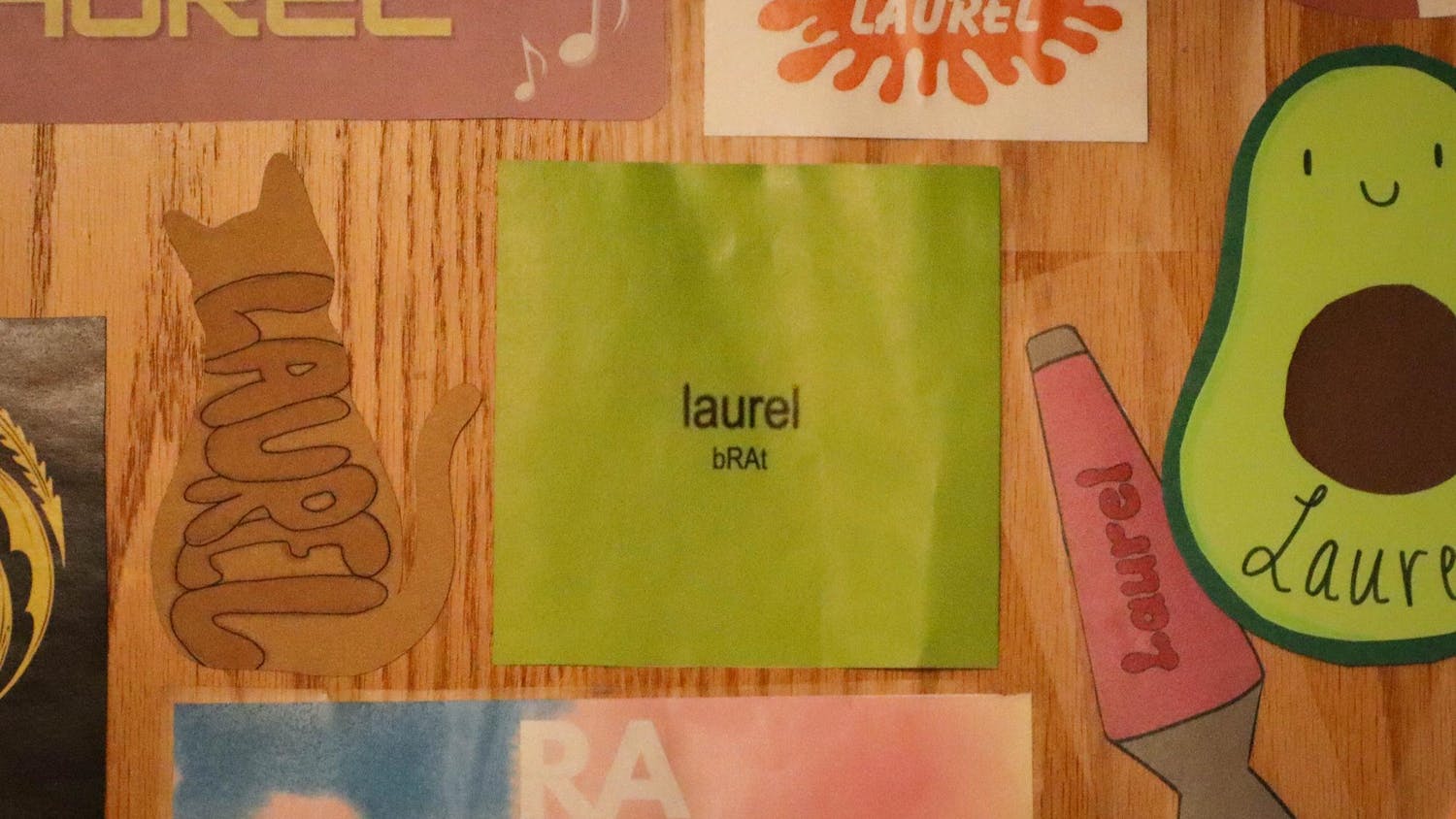You don’t need to be an industry insider to know 2020 was not the best year for movies, from just about every standpoint. Audiences were left without many of the major blockbusters they were expecting to be released this year, and executives had to cope with the fact they had lost out on millions of dollars in revenue.
The major studios have found themselves backed into a corner. While a vaccine does seem to be in our future, it’s impossible to know if people are going to be returning to movie theaters. Theaters might not recover for months, if not years, even once the vaccine has been widely distributed. So, what’s a studio to do?
Stuck in this situation, Warner Bros. made a radical decision. They decided all their 2021 releases will begin showing in theaters and be put on HBO Max the same day. After 31 days, the films will leave HBO Max and be exclusive to theaters, but for one whole month audiences will be able to choose where they watch new releases.
The language used to describe this new release strategy has been intense, and not unjustifiably. This is completely unprecedented, and no studio has made a move nearly as drastic as this. Even Netflix has been giving its films short theatrical runs before they premiere on the streaming service, and its films are rarely of the same scale as the big-budget fare Warner Bros. is releasing.
Just look at some of Warner Bros.' upcoming releases. “Dune,” “In the Heights,” “Godzilla vs. Kong,” “The Suicide Squad” and even sequels to “Space Jam” and “The Matrix” are being given the HBO Max treatment. There is the very real possibility they’re flushing billions of dollars down the drain. What Warner Bros. is doing here is — put simply — absolutely insane.
But it might also be brilliant.
The fact is, not that many people will be going to movie theaters next year, regardless of what happens with the vaccine. The ones who will be going to theaters are those really annoying people you know who keep talking about how important the “theatrical experience” is. For the record, I am one of those people.
I like going to theaters, and once I get the vaccine you can bet I’m gonna be buying a ticket to see whatever’s coming out next. And you know, the ability to stream those movies probably won’t get me to stay home. I don’t want to watch “Dune” on my computer — I want to watch it on the biggest screen I can find.
This is the audience Warner Bros. is going to get no matter what. But they can’t guarantee anyone outside of this specific demographic will go to theaters next year. So, how can they get money from people who won’t be going to theaters?
The answer: HBO Max. While the decision to just toss new releases onto a streaming service people are already paying for sounds stupid, it actually isn’t as dumb as it sounds. The thing about HBO Max is it doesn’t have too many subscribers right now. As of October, there were 57 million people subscribed to HBO and HBO Max — way behind their competitors. For reference, Disney+ currently has more than 73 million, and Netflix is approaching 200 million subscribers.
If Warner Bros. can get people subscribed to HBO Max, there’s the possibility this will actually be a financial success. Seventeen brand new releases coming out next year would be a pretty good incentive for people to subscribe, especially since the $15 monthly subscription fee is less than a trip to the theater for a lot of people. Gaining 10 million subscribers could net HBO $150 million more every month, a number many executives would be pretty happy with.
But this is all entirely speculative. Something like this has never been done before, and it’s entirely possible the gain in subscribers will be much lower. There are also a number of variables currently up in the air. How are the Academy Awards going to react? Are theaters going to boycott their movies? Will other studios follow their model? It’s impossible to know.
This is an incredibly risky move that could change the landscape of film distribution forever, and whether it’s for better or for worse remains to be seen.




